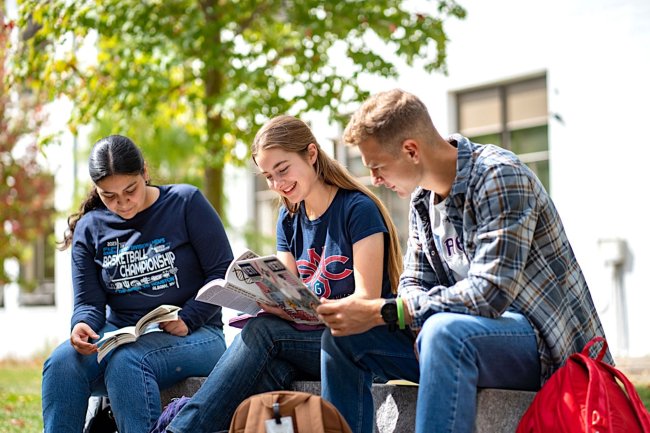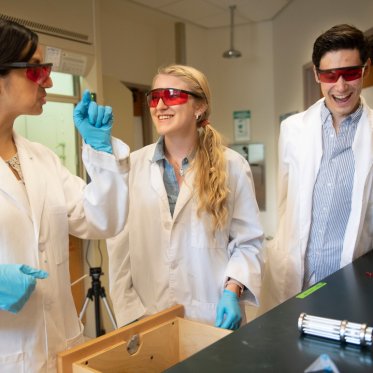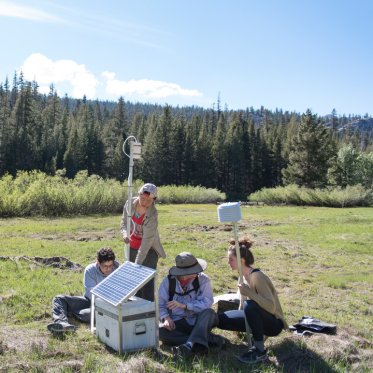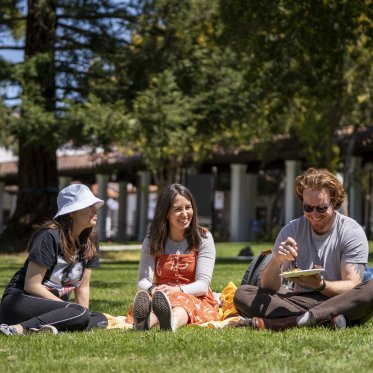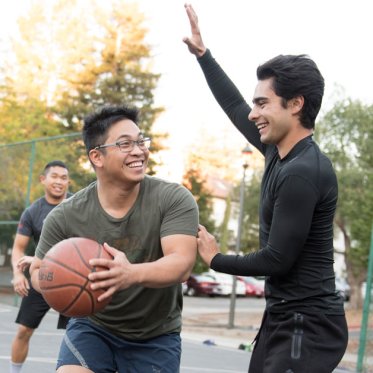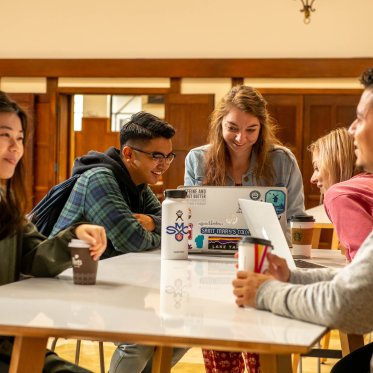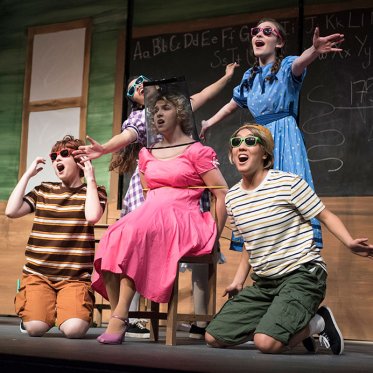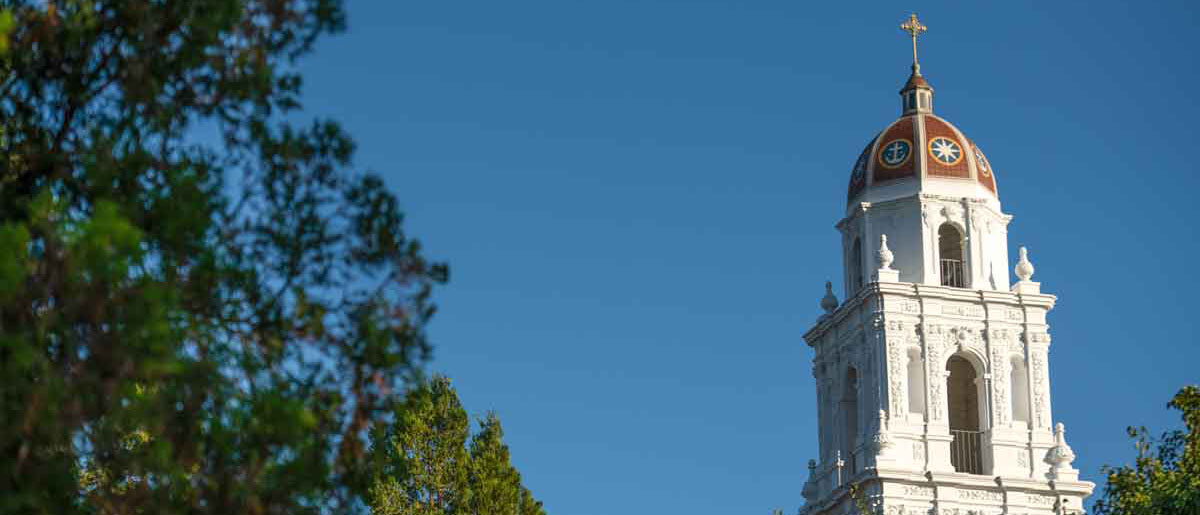
Dive into summer...
at Saint Mary’s College Summer Academy, where high school students explore their passions while experiencing the vibrant campus life at a top West Coast college.
Our program offers more than just an educational experience—it’s an investment in your future. By participating in our summer academy, you’ll demonstrate your commitment, drive, and readiness to take on challenges, setting yourself apart to colleges and universities. Not only will you earn college credit and refine your skills, but you’ll also forge invaluable connections with peers and mentors that can propel you towards success.
REGISTER NOW
2025 Summer Academy
June 9–June 27, 2025

7 Classes

Three Weeks
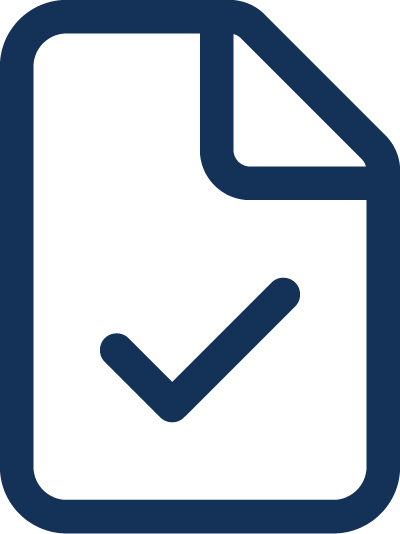
Apply Online
2025 Courses

| An introduction to the medium of printmaking, this class explores the processes of monoprint, linoleum, and other, non-traditional techniques. The course examines the use of tools, techniques, and machinery used in printmaking for their application to the students’ images and ideas. This project-based course highlights the relationship between creativity and communication in printing, most often using political or social justice themes. Through class presentations, students learn the communicative potential of images and thereby become aware of their own ability to provide creative critique of any issue they choose. Students will read and respond to assigned texts, chosen specifically to aid in the process of critique and a more thorough comprehension of this form and media. |

| An introduction to problem-solving concepts and program design. Topics covered include top-down design with a structured programming language, bottom-up testing, control statements and structured data types. No prior knowledge of programming is required. The language for the course is Python; students with knowledge of another programming language will find the course valuable. |

| This course introduces students to the academic discipline and profession of Kinesiology. It examines the historical events, philosophical positions, sociological theories, and contemporary science that concern the human being in motion. Particular attention is devoted to the cultural place and developmental potential of the corporeal actions known as play, game, sport, athletics, and exercise. American health behaviors (especially physical activity and food decisions) and how they relate to major U.S. public health issues are examined. The fundamentals of the major's three tracks-sport and recreation management, health promotion, and exercise science-are introduced and explored. Students will be familiarized with Kinesiology's main subdisciplines, their major research themes, and current career opportunities in the profession and the allied medical field. |

| This course explores the evolution of musical styles from contemporary rock all the way back to the masterpieces of Johann Sebastian Bach. Rather than following the traditional chronological path, this course begins with modern popular music and works backward through jazz, blues, classical, and Baroque traditions, uncovering the surprising connections that link today’s hits to the music of centuries past. No musical background is required—just an open mind and a love for music in all its forms. Whether you're a fan of Led Zeppelin or Ludwig van Beethoven, this course will deepen your appreciation for the rich tapestry of sound that defines our world. |

| A survey of the great political ideas and ideologies that have shaped the history of politics. Topics include core political concepts such as liberty, justice and equality, as well as organized belief systems such as liberalism, conservatism and socialism. Students learn to analyze and evaluate political values and to apply them to practical political problems. |

| In this course both beginners and more experienced performers are invited to explore the play-full art of acting. The course provides a space for discovery; through direct experiential learning students investigate the ways we use our bodies, voices, and imaginations as embodied storytellers, both as individual actors and as part of an ensemble. Students will grow in personal confidence and creativity, as they "step outside the box" of their everyday modes of self-presentation and relationship.The course will also expand students' artistic lens through the practice of identifying and interpreting the clues a playwright has woven into a playtext -- a process called script analysis. Through it, students learn to think like actors - but also like playwrights, dramaturgs, directors and designers, as they build a foundational, holistic understanding of the entire collaborative production process. The course culminates with the rehearsal and performance of scripted scenes, chosen to allow every student to bring a character to life through their own intersectional identities. |

| In this course, students develop skills as they write for new contexts, audiences, and purposes as well as analyzing arguments, sharing ideas, and challenging assumptions through their writing. Students complete Writing 101 prepared for writing in Collegiate Seminar, the more advanced writing in the Writing 201+ series, college-level writing in general, and public writing. This course requires the completion of at least 4,000 words of graded formal writing, and an additional 1,000 words of informal writing practice. |
Monday–Friday (Schedule A)
| 9:00–11:30 am | Class (150 min) |
| 11:30–12:20 pm | Lunch (50 min) |
| 12:20–2:30 pm | Study Hall (130 min) |
| 2:30–4:00 pm | Campus Activities (90 min) |
Monday–Friday (Schedule B)
| 9:00–10:30 am | Study Hall (90 min) |
| 10:30–1:00 pm | Class (150 min) |
| 1:00–1:50 pm | Lunch (50 min) |
| 1:50–2:30 pm | Study Hall (40 min) |
| 2:30–4:00 pm | Campus Activities (90 min) |
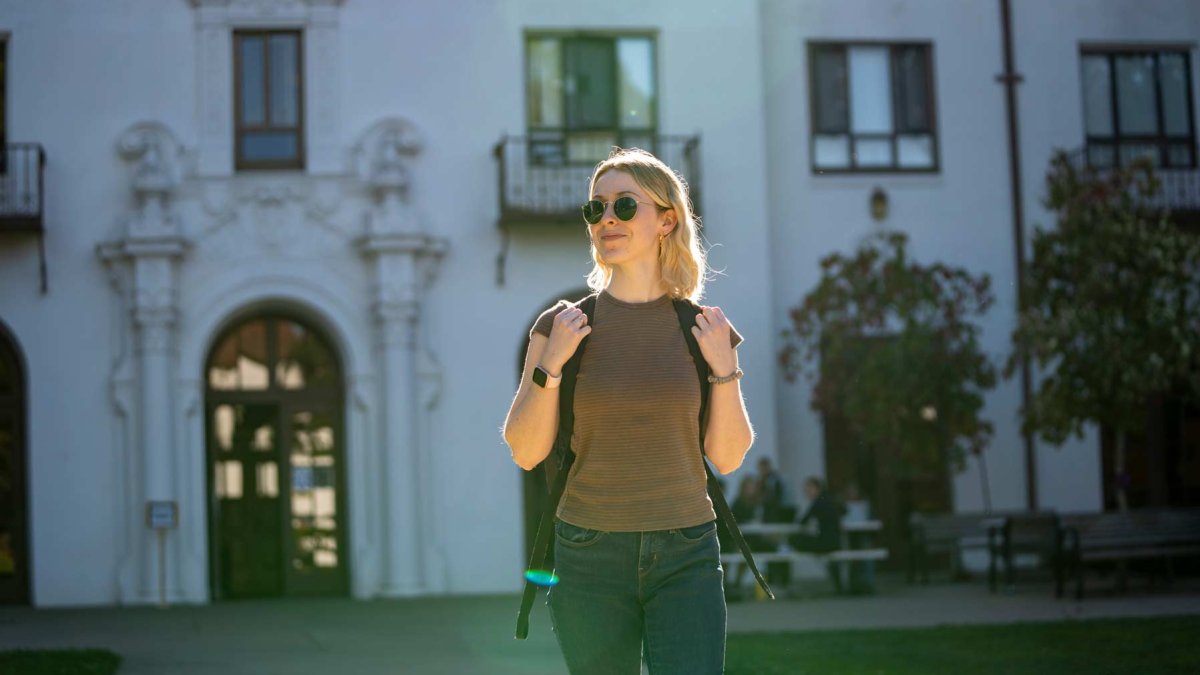
Program Cost & Scholarships
Full enrollment in Saint Mary’s College Summer Academy is covered by a single $2,100 payment, which includes:
- Tuition
- Lunch
- College Credits
- Campus Activities
- Rec Center Amenities
- College Application Prep
- Access to Faculty
If you require financial assistance, Saint Mary’s College has up to 40 scholarships available for enrolled Summer Academy students, each covering one third of the program fee. Early applicants and students with the highest need will receive priority for scholarship funding.
Contact
S. Marshall Perry, PhD (he/they)
Vice Provost, Academic Innovation
Professor, Leadership
(925) 631-4586
